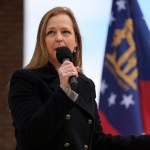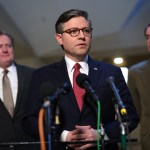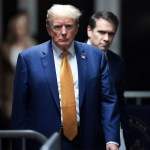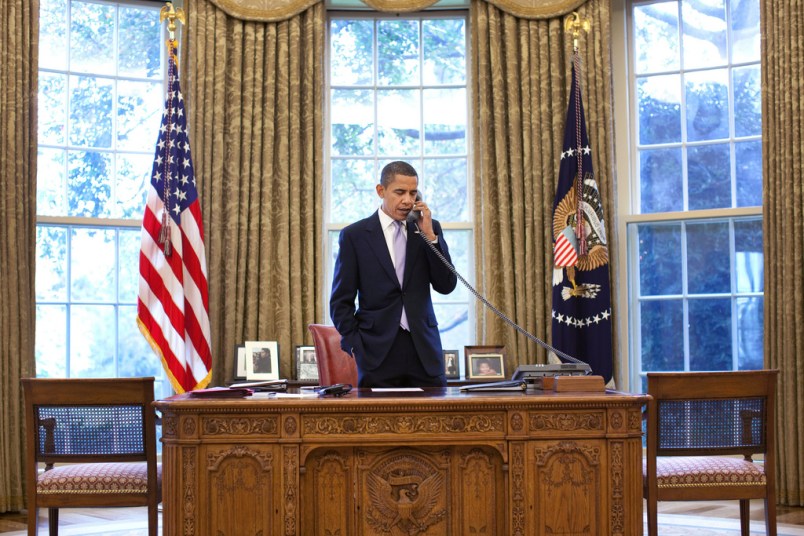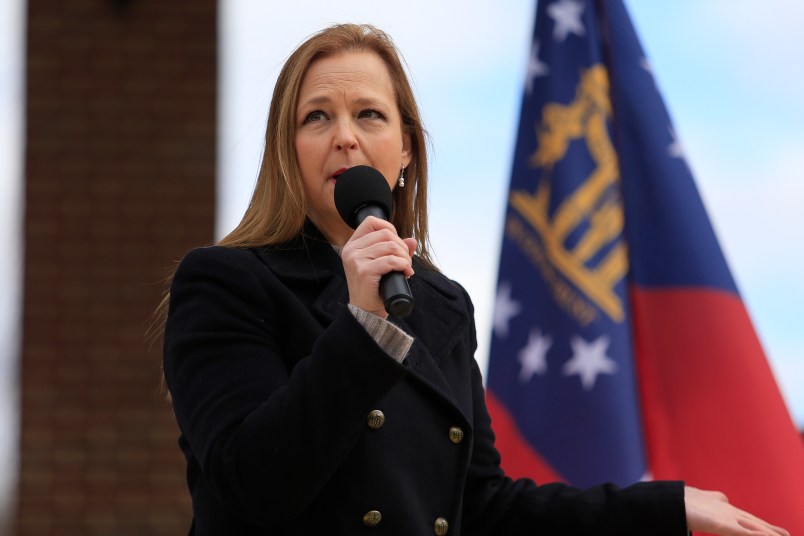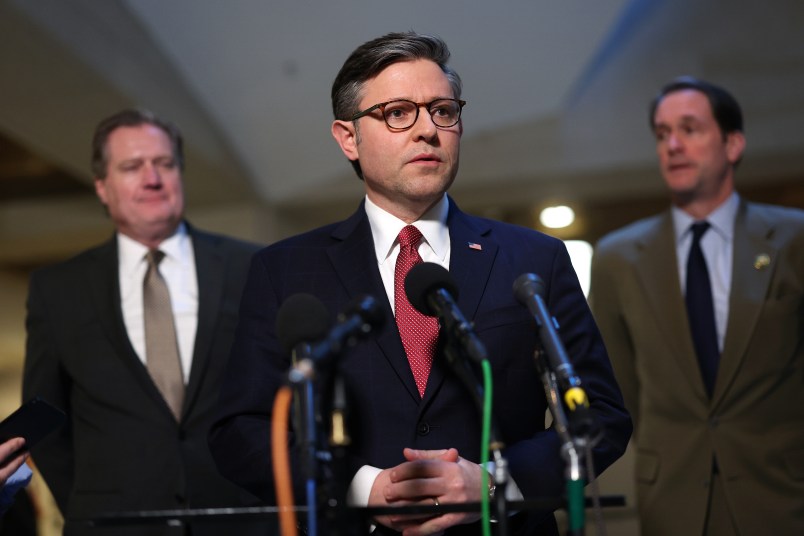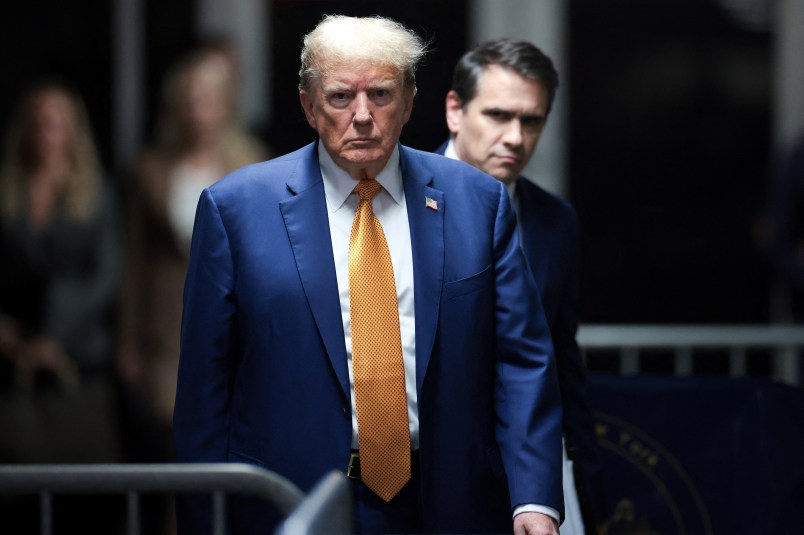After Afghanistan’s election commission declared Hamid Karzai President today, President Obama and several other prominent U.S. politicians reacted to the news.
In his press conference, White House Press Secretary Robert Gibbs told reporters that President Obama would call Karzai today, since “obviously he is the legitimate leader of the country.” Gibbs continued: “I don’t think there’s any reason to the believe that the Afghan people won’t think that this government is as legitimate as it is.”
Following the call, President Obama recounted his conversation with Karzai: “I congratulated him on his election for a second term as president of the Islamic Republic of Afghanistan. Although the process was messy, I’m pleased to say that the final outcome was determined in accordance with Afghan law.”
He continued:
I emphasized that this has to be a point in time in which we begin to write a new chapter based on improved governance, a much more serious effort to eradicate corruption, joint efforts to accelerate the training of Afghan security forces so that the Afghan people can provide for their own security. That kind of coordination and a sense on the part of President Karzai that after some difficult years in which there’s been some drift, that in fact he’s going to move boldly and forcefully forward.
Throughout the day, several members of Congress also released statements about the outcome:
Sen. John McCain (R-AZ) also addressed the question of legitimacy in the Afghan government: “Ultimately, Afghans will judge the legitimacy of their government not only in one election, but through its daily performance — its ability to protect the people, to deliver justice, and to crack down on corruption.”
The senator then took the opportunity to call for President Obama to make a decision about the future of Afghanistan: “The most urgent priority now is to support our Afghan partners in reversing what General McChrystal has rightly called the ‘deteriorating’ security situation. This requires a properly-resourced counterinsurgency strategy, and I urge President Obama to provide our civilian and military leaders with the resources they need to succeed.”
In his own statement, Sen. John Kerry (D-MA), who chairs the Senate Committee On Foreign Relations, praised both nominees: “President Hamid Karzai deserves credit for his willingness to engage in the runoff election, and Dr. Abdullah Abdullah deserves credit for showing restraint throughout this difficult period.”
Kerry also called for all Afghans to “join together to build a better future for their nation. This is a moment when fundamental change is not only possible, but absolutely essential.”
House Armed Services Committee Chairman Ike Skelton criticized the Afghan election process as “deeply flawed and filled with uncertainty,” but also stressed the need “to move forward.” Like McCain, Skelton acknowledged the ongoing political debate about the future of U.S. involvement in Afghanistan:
The recent flawed election process has reinforced the need to also push for the reform of the national Afghan government, to increase legitimacy and help build a capable partner for our efforts in Afghanistan. Pursuing al Qaeda and ensuring that its members can’t use Afghanistan as a safe haven is a vital national security interest for the U.S., and a minimally functioning and legitimate Afghan government is an important part of that effort.
Sen. Russ Feingold (D-WI) was much more critical of the situation in Afghanistan, calling for the U.S. to reevaluate its “misguided strategy,” which he said “relies too much on military force and partnerships with corrupt government officials and security forces.”
Feingold continued: “Increasing our military footprint will exacerbate the perception among Afghans that the U.S. intends to occupy their country in support of a government many see as illegitimate. This could further destabilize the situation in Afghanistan and Pakistan and make it more difficult to isolate and target al Qaeda globally, which is our top national security priority.”


